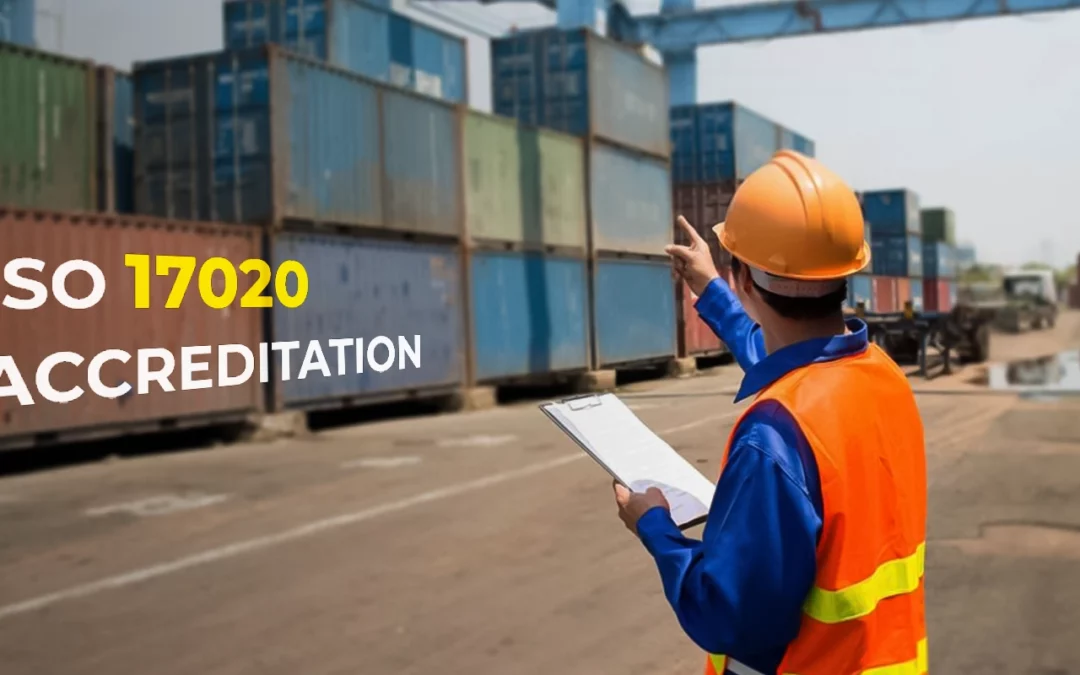
Common Challenges in ISO 17020 Certification and How to Overcome Them
Carrying out ISO\IEC 17020, the global standard for inspection bodies, is a basic undertaking for organizations trying to show their capability, fairness, and obligation to quality in review activities. Nonetheless, the journey towards ISO 17020 Certificate can be difficult.
By illustrating clear standards for capability, freedom, and secrecy in reviews, the ISO 17020 Certificate adds to a hearty quality management system. In this specific circumstance, understanding the meaning of reviewing and approval inside the system of ISO 17020 is central for organizations expecting to flourish in a climate where transparency and adherence to principles are essential to progress.
We will explore the normal obstacles organizations might face during the ISO 17020 Certification implementation process and present prescribed procedures to effectively defeat these difficulties.
Challenges in Implementing ISO/IEC 17020:
- Understanding the Standard’s Requirements: The sheer volume and intricacy of ISO/IEC 17020 can overpower organizations, particularly those new to the universe of worldwide principles. Figuring out the standard’s necessities, translating specialized language, and deciphering its suggestions for explicit review practices can be an overwhelming undertaking.
- Resources Constraints: Executing ISO 17020 Certificate in Dubai UAE requests huge speculation of assets, including monetary, human, and mechanical. Numerous organizations, especially small to medium estimated endeavors, may find if testing to apportion the important resources for the carrying out process.
- Change Management: Embracing another quality management system in view of ISO/IEC 17020 frequently requires a social shift inside the organization. Protection from change from workers or management can prevent the smooth functioning of the standard.
- Documentation and Record-Keeping: Compliance with ISO/IEC 17020 requires thorough documentation of inspection procedures and record-keeping to exhibit recognizability and transparency. Organizations might battle to foster extensive documentation and maintain the records in a coordinated way.
- Competence and Training: Guaranteeing that all faculty engaged with investigation exercises have the expected skills and get sufficient ISO 17020 Certificate awareness training is a huge test. Organizations should put resources into ceaseless expert advancement to fulfill the guideline’s competency prerequisites.
Best Practices to Overcome Implementation Challenges :
- Conduct Gap Analysis: Prior to starting the implementation cycle, conduct an intensive gap analysis to survey the organization’s ongoing practices against the standard’s necessities. Recognize areas of non-compliance and foster a clear map for accomplishing plans.
- Seek External Expertise: Draw in the services of advisors or specialists with experience in ISO 17020 Accreditation implementation. External help can give significant experiences, direction, and preparation to speed up the execution process and guarantee best practices.
- Secure Top Management Commitment: Get responsibility and backing from top management. Initiative contribution is critical in encouraging a culture of quality compliance, defeating protection from change, and designating important resources for fruitful execution.
- Implement a Robust Document Control System: Smooth out documentation and record-keeping processes with a hearty report control framework. Use report management software to oversee strategies, and systems, and record productively, guaranteeing simple access and adaptation control
- Conduct Training and Awareness Programs: Inbreeding in far-reaching conducting training and awareness programs for all faculty associated with inspection exercises. Persistent instruction on the standard’s prerequisites, processes, and targets will improve skills and impart a quality-driven outlook.
- Foster Internal Auditing and Corrective Action: Foster an inside review program to routinely survey the organizations’ compliance with ISO 17020 Accreditation in UAE. Any non-conformities recognized ought to be tended to speedily through an obvious restorative activity process.
- Implement a Risk-Based Approach: Take on a gamble-based way to deal with focus on and oversee review exercises successfully. Distinguish high-risk regions and distribute an asset as needed to enhance the general inspection process.



